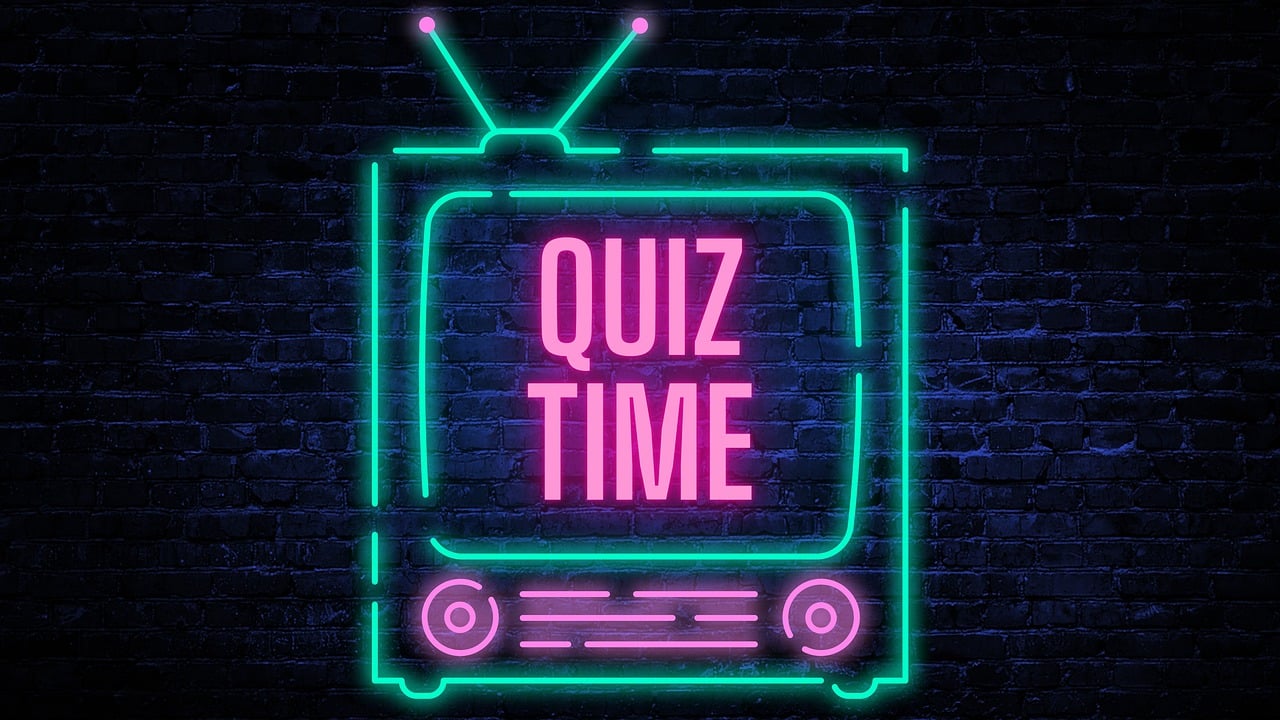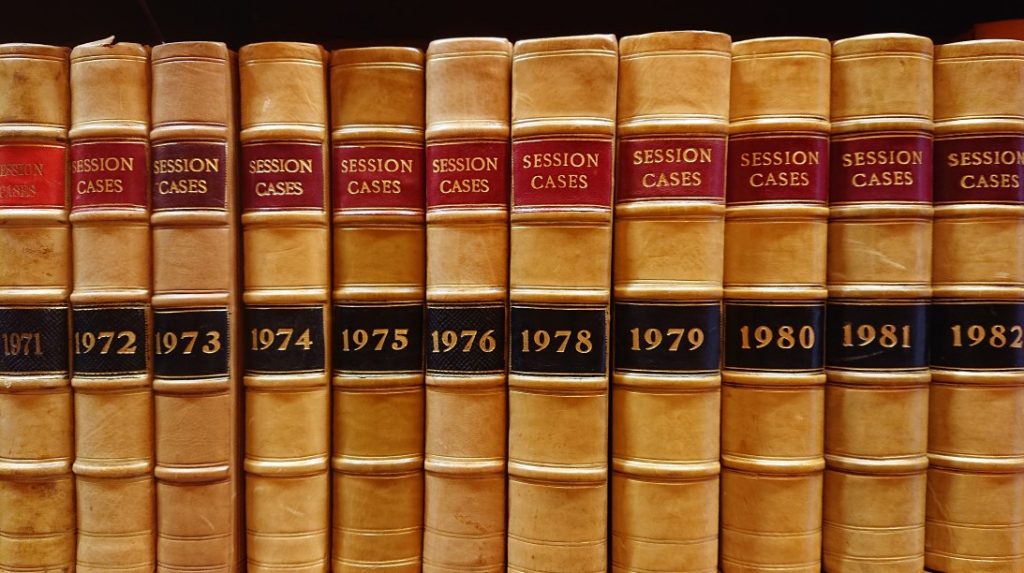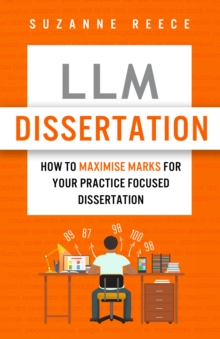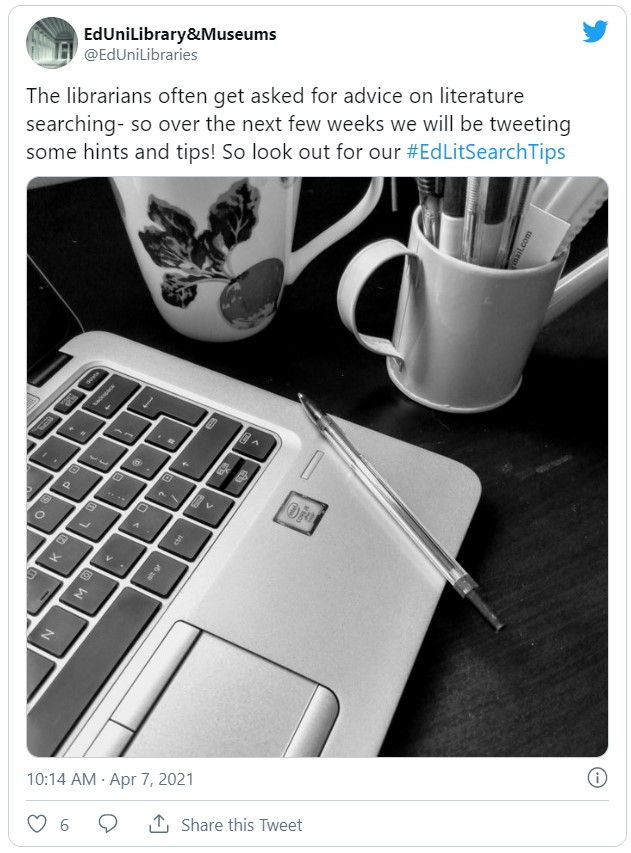We’d like to introduce you to Sam Ingleton, one of your fellow students who is a specialist in working with LexisNexis and all their resources – such as the invaluable LexisLibrary database. We asked Sam some questions and hope you’ll enjoy getting to know him just as we did!
Tell us a little bit about yourself! Who are you and what do you study at Edinburgh?
My name is Sam, and I’m taking a Graduate-Entry LLB, following a Philosophy and English Literature (MA) from the University of Edinburgh. I’ve been fortunate to receive a training contract offer from DLA Piper in Edinburgh, which starts in 2022 – a wonderful certainty in a time of global upheaval! Studying for my LLB and working for LexisNexis leaves relatively little time for extra-curricular activities, but I enjoy winemaking, writing, music production, and exploring the city with my dog in my spare hours. I’ll be living in Edinburgh for the foreseeable future, resisting the lure of London for as long as possible; this is a city with a lot to offer young professionals and students (as long as you don’t mind the short days and pervasive drizzle!).
Why did you apply to be the student associate for LexisNexis?
LexisNexis is an extremely useful platform. It has helped me in my own studies, and prepared me for a future of legal research in a professional context. I always had ambitions to teach, but I could never manage full-time academia or classroom teaching. My sister teaches primary school children – a difficult, but extremely admirable profession! Working as a LexisNexis student associate is a fantastic compromise: I find great fulfilment in the practise of academic tuition. As well as the obvious benefits which come with competence in legal research, LexisNexis gave me the opportunity to be of benefit to others, in a community that thrives on a collective, supportive, inclusive ambition.
What do you think is the best feature that LexisLibrary offers for students?
With LexisLibrary, it’s the simple, intuitive functions which bring the most value. My favourite tools are those which barely merit an explanation! The ability to ‘drill-down’ through search results, narrowing by key words, topics, and specific search strings makes finding both familiar and unknown cases incredibly straightforward. This functionality accelerates the process of constructing new legal arguments, as well as enabling those searching for case law to support a specific point in an essay or tutorial question.
If you could name one top tip that everyone should know about your platform, what would it be?
One thing I wish I had known before I began the infamously arduous application process: the ‘alerts’ function. Using this tool, I receive weekly updates on developments at my target firms, which I never would have found using Google, or combing through legal news publications. This way, as soon as cases and judgements reach the press, I can see how my firm has been involved, and read their submissions and the judge’s opinion in full. This would be a much more interesting talking point during an interview than anything I presented during my own assessment period. For aspiring solicitors, I think LexisNexis is an often-neglected opportunity to monitor your specific firms very closely. You’ll never need to have a generic ‘legal implications of the pandemic’ discussion ever again!
When students book a training session with you, what can they expect to get from the meeting?
I’m proud of my ability to move students through the certification quickly, and highlight the tools which I think will be most useful to them, selectively and efficiently. It’s no secret that law students are time-poor, and ‘talking heads’ on video conferences are a very modern nuisance. I try to keep engagement high, explanations concise, and then give the session to the attendees to complete the certification and ask questions. Ideally, the whole process is complete in the time it takes to drink a cup of coffee. I also like to highlight the extreme usefulness of the certification. I spoke to a partner at an international law firm, who expressed to me that the thing they wanted to see from this generation of applicants was a complete literacy in legal database use. I think this could be the key to transforming a good application into an application which secures a training contract.

Sam has provided an introductory poster in case you want to read a bit more about how he can help you with all your LexisNexis needs. You can contact him via LinkedIn, by email (sam.ingleton@googlemail.com), or you can find out more on the LexisNexis Students UK Facebook page.










